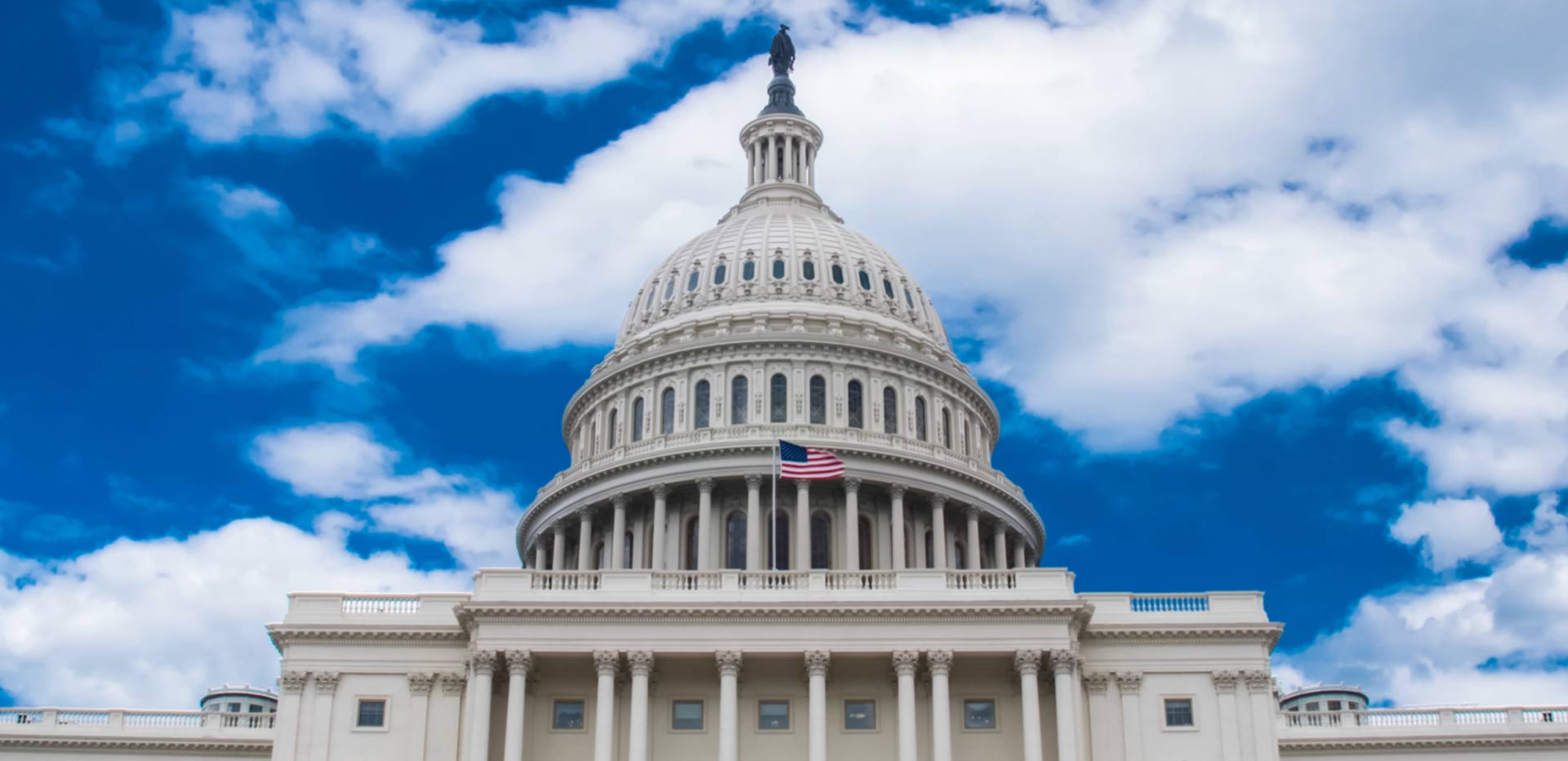Mergers have been a persistent tactic by which powerful companies grow their power and monopolize markets. In passing and amending the Clayton Act, Congress intended to prevent monopolization, and in order to reach that goal, limited mergers and corporate takeovers –particularly those involving dominant firms. Congress believed these laws barring monopoly through mergers would create an economy in which firms could enter industries with relative ease and, once there, join a multitude of other firms that would joust in order to best serve their customers and communities. For many decades, however, pro-monopoly economists, lawyers and policymakers have worked to circumvent the functioning of the laws intended to prevent monopolization through mergers and, in doing so, to undermine the will of Congress in passing these laws. In this article, I examine in part the legislative and judicial record supporting the strong enforcement of the anti-merger laws – legislative intent that has been largely cast aside over the past half-century. To restore the intent behind the anti-merger laws – and ultimately to help deconcentrate the economy – I propose a significant shift in our anti-merger enforcement and education that would direct agencies and judges to restrict industrial concentration and support open, democratic markets.
By Ron Knox [1]
I. INTRODUCTION
Sometime in 2023, the two U.S. federal antitrust agencies, the Federal Trade Commission and the Departme
...THIS ARTICLE IS NOT AVAILABLE FOR IP ADDRESS 216.73.216.134
Please verify email or join us
to access premium content!

